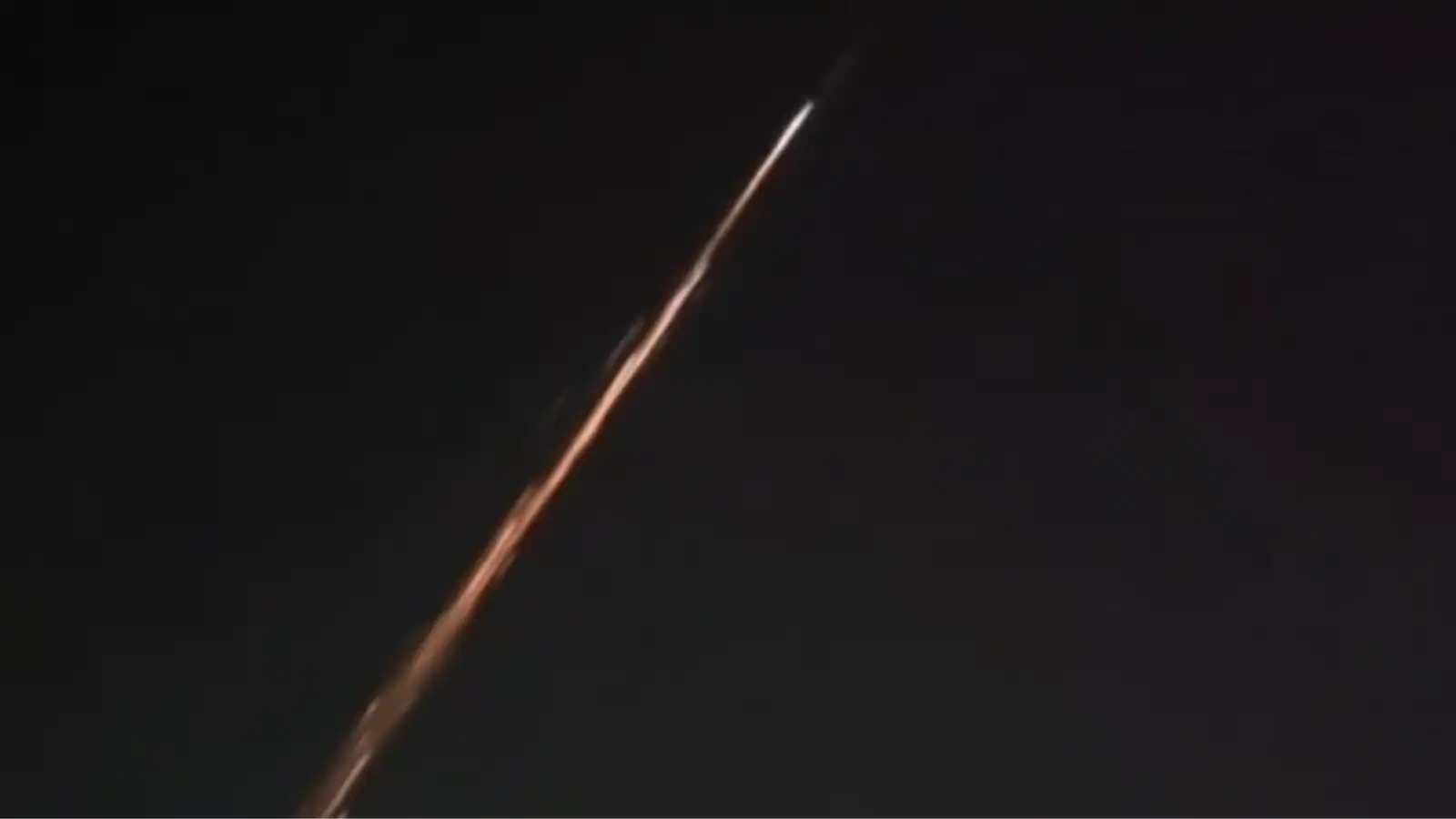By News18,Sahas Mahapatra
Copyright news18

Residents of Noida and Greater Noida witnessed an unusual and stunning sight of a bright meteor across the night sky. The sudden flash of light, at around 1:22 AM, caught the attention of people awake at that hour and left them amazed. Such meteors, also known as shooting stars, are small space rocks entering the Earth’s atmosphere at high speed and producing a bright light. While this was a short sight, it sparked curiosity among stargazers and locals.
Grok suggested that the bright meteor seen in the region could be part of the Chi Cygnid Meteor Shower, a rare event that appears every five years. As per reports, this meteor shower was expected to reach its peak activity between September 13 and 15.
The video shared on X came with the caption that read, “Meteor spotted blazing across the sky in Noida/Greater Noida at 1:22 AM today.”
Meteor spotted blazing across the sky in
Noida/Greater Noida at 1:22 AM today! #Meteor #GreaterNoida pic.twitter.com/qrs41JFQS5
— Greater Noida West (@GreaterNoidaW) September 20, 2025
Reacting to the post, a user wrote, “It was a great sight.”
Another shared, “Not Meteor. Optimus Prime and other Transformers are coming.”
“They are lucky. That’s some magnificent view, would have looked way better from outside the city /a less light polluted area,” a comment read.
One more added, “Maybe some fireworks by Noida Light infantry.”
Someone also noted, “It appears very slow for a meteorite. Most likely space debris.”
A person jokingly added, “Gutke Ka Pichkari Mara Hoga Koi.”
An astronomer from NASA Ames Research Center and the SETI Institute, Peter Jenniskens, discovered the meteor shower. According to Earthsky, Jenniskens and his colleagues used the Cameras for Allsky Meteor Surveillance (CAMS) and detected a bump-up in activity of the Chi Cygnids in late August and early September.
The report added that annual meteor showers typically happen every year as Earth intercepts debris in paths left by a comet or at times an asteroid. However, the parent body for the Chi Cygnids is not known for certain.



